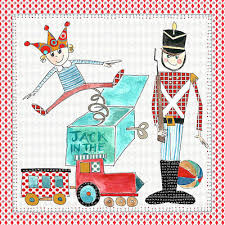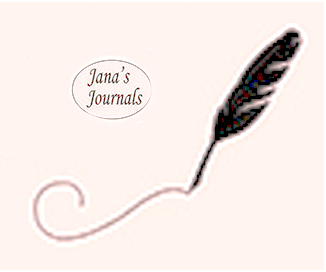Surprise
Journal Writing With Emotions [Series]
There are few survivors of World War II left in the U.S. today. They are the only adults to have any experience with the government taking control of the country and mandating a certain behavior. Covid-19 was the cause of different behaviors, and for many, the effect was anger and rage.
Many lives have been changed during the last 18 months and not all seemed for the better. Thousands of citizens lost their lives to the disease. Thousands more were hospitalized and have long-term effects from the disease. And thousands more lost their jobs, are behind on their rent or mortgage, or have no idea what to do next.

Surprise!
The definition is worded as “to cause someone to feel unusually alarmed”, “something unexpected” – the opposite of Expectations.
Surprises in my life have, for the most part, been negative events – at least that’s how I felt when I first experienced them. Another tragedy, another problem without any obvious solution, another heartache.
Over the years, I have learned to take each day as it comes, thus when the Pandemic struck, we just went about our business, wore masks, and got a shot when available. Surprise was just another event we needed to deal with.
For those that have only experienced positive and fun surprises, living through Covid-19 mandates and restrictions was scary, a personal afront, and many expected to be rescued with alternatives, new jobs, monthly income to make up for what they couldn’t earn and other relief. But it didn’t solve the long-term problem. Family wage jobs and extreme cost of living increases.
Surprise Journal
These surprises could prompt some to keep a surprise journal. Why? To record how you respond to the surprises in your life. Here’s one way:
- For the next month, dedicate 5 minutes every day to write about the most surprising event or action that occurred and how it impacted your life.
- Then spend 5 minutes writing about how you responded to the surprise.
- Once a month, re-read your posts and make a list of good and bad surprises. Then choose three that you needed to react to differently.
- Write about how you could/would change your response. This will make the outcome and actions “top-of-mind” and help you learn to respond differently.
Reactions are about change. And surprises are about change. Since change isn’t a four-letter word, you should work on meeting change head on and learning to adjust without disappointment, fear, or anger. No change is change.
When Expectations lead to surprise, learn to be surprised.

